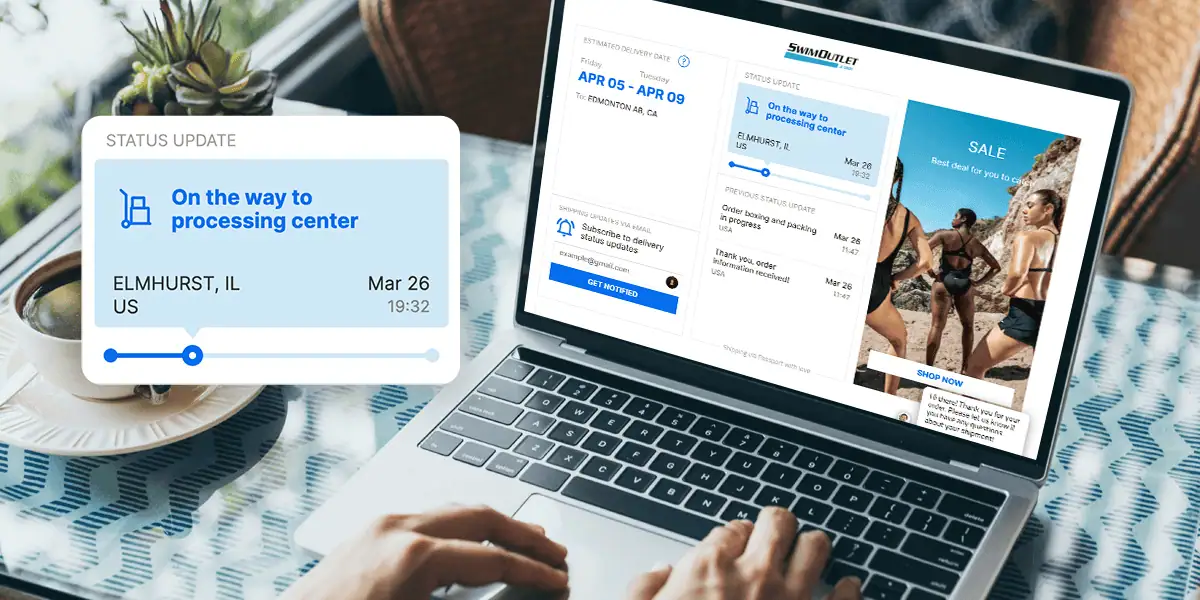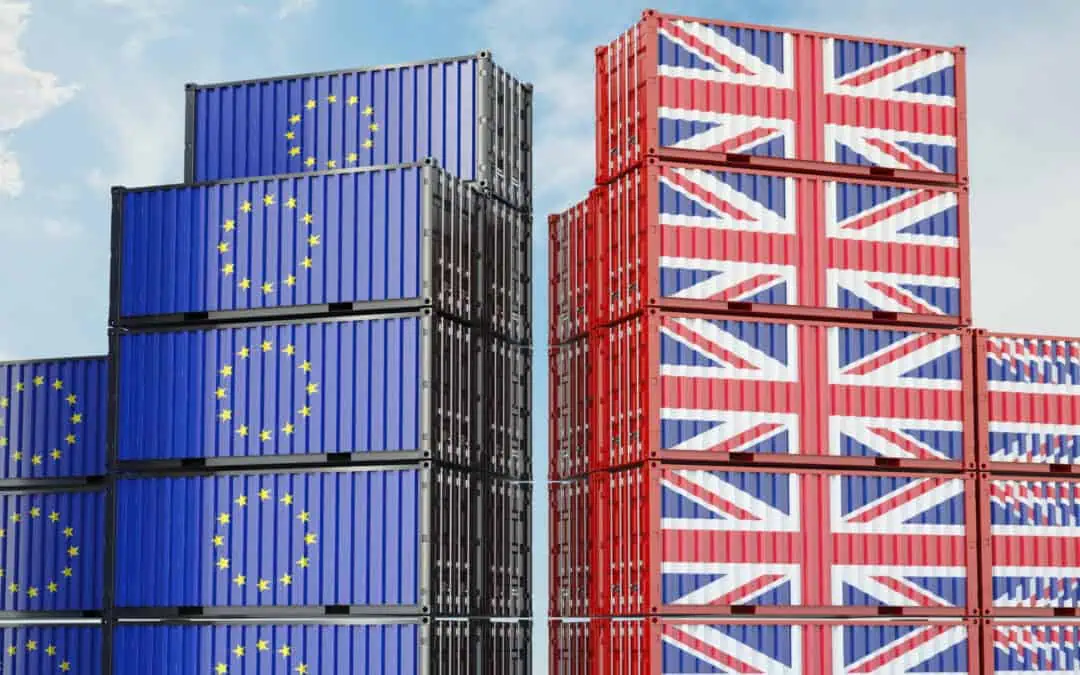Global Shipping Disruptions Are Here
Ecommerce is facing one of the most disruptive shifts in years. On August 29, 2025, the U.S. officially ends its de minimis exemption, which had allowed shipments valued under $800 to bypass duties and clear customs with minimal friction. Now, every package—no matter how small—requires full customs clearance and is subject to duties and fees.
The ripple effects were immediate. Postal operators worldwide—including the U.K.’s Royal Mail, Germany’s Deutsche Post, France’s La Poste, and Australia Post—temporarily suspended shipments to the U.S. as they scrambled to implement new compliance processes. In total, nearly 25 countries have halted or restricted shipments into the U.S. in the weeks surrounding the policy change.
For U.K. brands in particular, this created confusion and frustration. Historically, more than 9 in 10 ecommerce companies relied on low-cost postal lanes (Royal Mail → USPS) to send goods into the U.S., attracted by duty-free entry and cheap rates. Overnight, that model broke.
What This Means for Ecommerce Brands
This isn’t just another supply chain hiccup. It’s a fundamental reshaping of cross-border shipping economics.
- Margins are under pressure: A $100 product that once cleared duty-free may now face 30–50% in tariffs, depending on country of origin.
- Customer trust is fragile: Without transparent duties at checkout, shoppers face surprise costs—or abandon carts entirely.
- Postal reliability has vanished: Pauses from Royal Mail, Deutsche Post, and others mean many brands are asking: “Can we still reliably ship to the U.S.?”
- Inflation adds fuel to the fire: Morgan Stanley projects tariffs could add another 1.0–2.5% to consumer prices in the U.S. within months, as suppliers, merchants, and consumers absorb costs unevenly. Passport’s own research backs this up: 7 in 8 brands say they’ve already raised prices or plan to do so before peak season.
And while some brands are reaching out to partners for answers, others may simply go silent—abandoning U.S. growth at the exact moment international demand is surging.
A Glimmer of Relief from Canada
It’s not all bad news. In a surprise move, Canada announced the rollback of many of its retaliatory tariffs on U.S. consumer goods—including apparel and cosmetics—effective September 1. For U.S. brands manufacturing domestically, this “olive branch” eases pressure and could create more favorable conditions for selling north of the border.
But the broader challenge remains: ecommerce brands still need scalable, compliant solutions to keep selling into the U.S.—and beyond—even as tariffs, audits, and postal suspensions reshape the playing field.
Passport Keeps Your U.S. Sales Flowing
The good news: while postal networks pause, Passport keeps brands selling to the U.S.—uninterrupted.
Here’s how:
- Delivered Duty Paid (DDP): We calculate duties upfront and roll them into checkout. No surprises for customers, no delays at the border.
- Seamless carrier integrations: Our network ensures cross-border shipments still move reliably, even as postal operators hit pause.
- In-country enablement: For brands scaling fast, we offer bulk import at manufacturing cost, reducing effective duty exposure by 50–70%, while enabling faster U.S. delivery and easier returns.
- Duty drawback refunds: Passport helps brands recover up to 99% of duties on goods imported into the U.S. and later exported or returned—turning what feels like sunk costs into reclaimed cash flow.
- Licensed customs expertise: As a fully licensed U.S. Corporate Customs Broker, Passport ensures HS codes, filings, and compliance are accurate and audit-proof.
Put simply: Passport is purpose-built for the “post–de minimis” world—helping brands protect margins, maintain customer trust, and keep cross-border sales moving.
The Bottom Line
The end of de minimis and resulting postal suspensions have shaken ecommerce operations worldwide. Rising tariffs and price pressures only add to the challenge. But where others see barriers, Passport helps brands find opportunity.
With transparent duties, compliant logistics, in-country enablement, and proven reliability, Passport keeps your international growth plans on track—even when postal carriers stall.
Want to future-proof your U.S. strategy? Download our free whitepaper on winning the U.S. market amid tariff turmoil.
Need Help Navigating These Suspensions?
Talk to a Passport expert today to ensure your brand can keep selling to the U.S.—uninterrupted.
This article is provided for informational purposes only and does not constitute legal advice. Merchants are advised to consult with their customs broker and legal counsel to ensure compliance with all applicable laws and regulations based on their specific circumstances.











